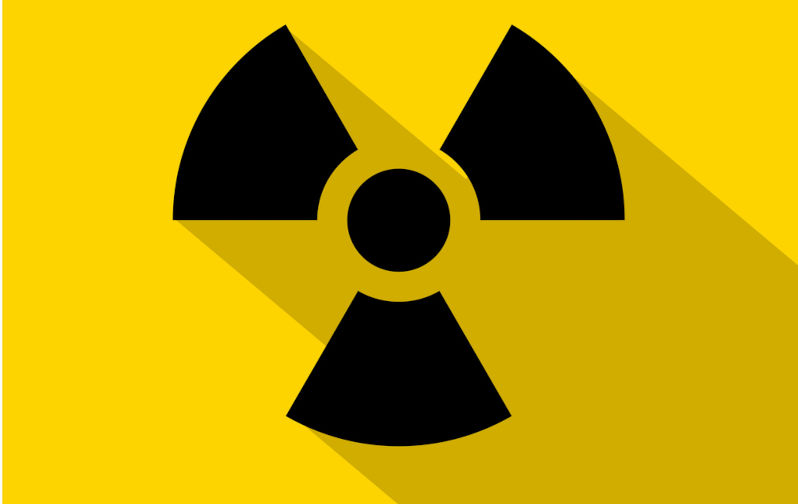Australia votes 'Yes' on UN nuclear war effects resolution
November 7, 2024
Australia has voted ‘yes’ to a UN resolution mandating the establishment of a research panel on the effects of nuclear war. The L39 resolution has been adopted by a massive majority in the First Committee of the UN General Assembly, with 144 governments voting in favour, 30 abstentions (including the US India, Ukraine and Israel), and 3 governments – France, Russia, and the UK – voting against it. Interestingly, China has voted ‘yes’ to the resolution.
The massive majority by which the resolution has been adopted is in part a reflection of work that has been done by anti nuclear weapons activists over the last decade and a half, on nuclear winter, EMP (electromagnetic pulse) and other likely catastrophic effects of large scale nuclear war.
The world has arguably never been closer, for longer, to nuclear war, even during the cold war. The climax of the Cuban Missile Crisis lasted but days, and the entire crisis only 13 days. We have seen explicit nuclear threats emanating from one government now for a period of years, and it is impossible to know whether or not they are a bluff not to be taken seriously, or an imminent apocalypse that can end civilisation.
Australia has also taken a leading role in co-sponsoring the L41 resolution, ‘Steps to building a common roadmap towards a world without nuclear weapons’, together with Japan, the United States, Sweden, Ukraine, Canada, Germany, Hungary, Italy, and others. While this resolution is a somewhat more conservative one, it nonetheless contains nonproliferation and arms control components that are worthwhile.
Australia abstained on the L37 Treaty on the Prohibition of Nuclear Weapons (TPNW) resolution, in spite of Labour Party commitments to sign, ratify, and encourage others to sign and ratify the TPNW.
Australia should change its vote on this to a ‘YES”.
